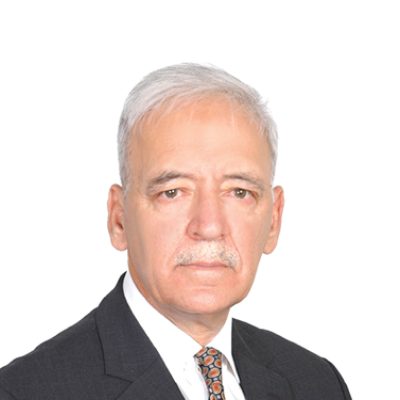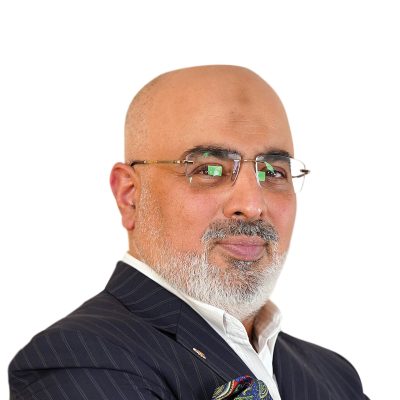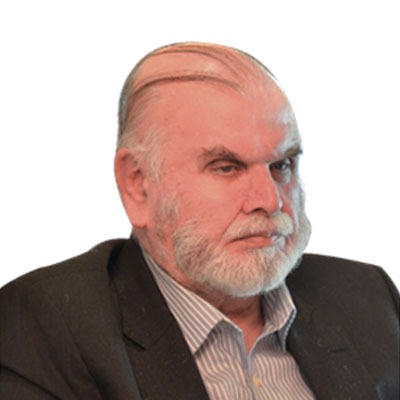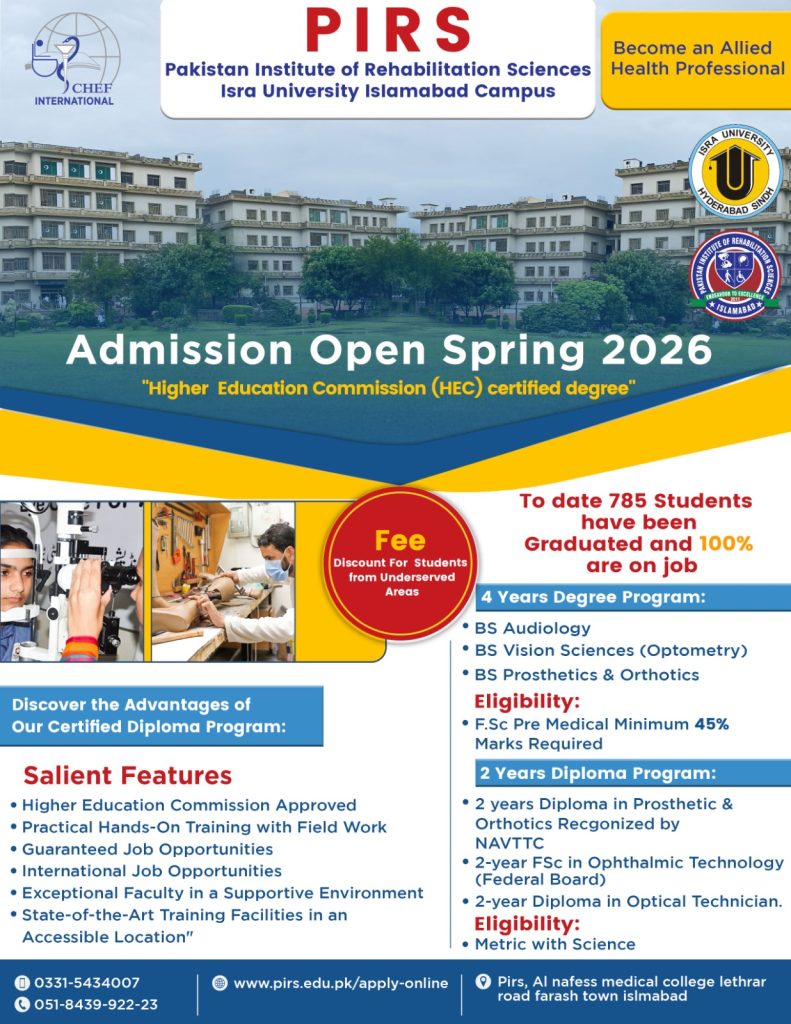Email: info@pirs.edu.pk


CHAIRMAN’S MESSAGE
In today’s world, over a billion people live with some form of disability. This number is expected to rise steadily in the coming years, primarily due to increasing life expectancy and a significant surge in chronic non-communicable diseases.
People with disabilities often face the most severe health disparities and socioeconomic challenges. They are frequently denied access to proper education and vocational training and are among the most marginalized communities globally. Countless barriers prevent them from fully experiencing the dignity, opportunities, and joys of life that others often take for granted. Disability is more prevalent among women and older individuals, yet the battle for inclusion is far from over.
In recent years, we have witnessed the emergence of international movements advocating for the empowerment of persons with disabilities. In response, Pakistan developed its National Policy for Persons with Disabilities in 2002. Furthermore, the Government of Pakistan signed the United Nations Convention on the Rights of Persons with Disabilities (UNCRPD) on 25th September 2008. The Government’s commitment to the Millennium Development Goals (MDGs) further affirms its dedication to addressing disability-related issues effectively.
While the challenges are immense, I believe that if we collectively align our efforts, we can successfully mainstream disability in the development agenda. Empowering persons with disabilities through a comprehensive, lifelong support system—ranging from prenatal care, education, and social welfare to meaningful employment—cannot rest on the shoulders of a single government department or agency. It demands the active ownership, cooperation, and participation of a broad coalition of stakeholders: federal and provincial authorities, local governments, NGOs, INGOs, professionals, communities, persons with disabilities themselves, and their families.
It is imperative that we transition from an exclusive system to an inclusive one—this must be the call of our time.
In this context, I extend my heartfelt congratulations to the Pakistan Institute of Rehabilitation Sciences (PIRS), working in partnership with CHEF International, for boldly embracing the challenge of establishing the country’s first dedicated institute of rehabilitative sciences. PIRS is proud to have a committed, competent, and sincere team that possesses the expertise and vision needed to develop a skilled workforce capable of addressing the diverse components of rehabilitative care. I am confident that PIRS will soon be recognized as a leading center for excellence in the region, effectively meeting the needs of persons with disabilities and advancing their rightful place in society
PROFESSOR DR. MOHAMMAD DAUD KHAN
Chairman, Board of Directors, CHEF International.

CEO’S MESSAGE
It is my pleasure to welcome you to the official website of the Pakistan Institute of Rehabilitation Sciences (PIRS) the flagship institute of Comprehensive Health & Education Forum International (CHEF-International) and one of the leading national initiatives in rehabilitation and inclusive healthcare.
At CHEF-International, we are dedicated to transforming healthcare education and rehabilitation services in Pakistan by promoting access, quality, and inclusivity. PIRS plays a vital role in this mission by preparing skilled professionals who are equipped to address the diverse rehabilitation needs of communities across the country. Today, our alumni proudly serve in hospitals, rehabilitation centers, and community-based programs in nearly every district of Pakistan.
PIRS stands as a center of excellence in rehabilitation sciences, offering programs that combine professional expertise with compassion and innovation. Our teaching philosophy emphasizes evidence-based learning, hands-on training, and a strong patient-centered approach — reflecting CHEF-International’s broader commitment to empowering underserved populations and promoting inclusive development.
Our work contributes directly to the Sustainable Development Goals (SDGs), particularly Good Health and Well-being (SDG 3), Quality Education (SDG 4), Gender Equality (SDG 5), and Reduced Inequalities (SDG 10). Through PIRS, we aim to nurture a new generation of rehabilitation professionals who are not only technically competent but also empathetic, socially responsible, and dedicated to building a more equitable society.
I invite you to explore our programs, research initiatives, and community engagement activities. Together, we can continue to advance the field of rehabilitation and create a healthier, more inclusive Pakistan.
Sincerely,
Sohail Ayaz Khan
Chief Executive Officer
CHEF International

EXECUTIVE DIRECTOR’S MESSAGE
The 21st century is witnessing a profound paradigm shift in global dynamics. Developing countries are emerging as influential actors on the world stage, propelled by the rapidly rising potential of human resources. This momentum is lifting hundreds of millions of people out of poverty. With renewed entrepreneurial creativity and innovative social policies, we have the opportunity to reshape our collective future. At its core, human resource development is about expanding people’s choices and opportunities.
Community development is never easy—especially when needs are vast and resources are limited. The true benchmark of a compassionate and progressive society lies in its commitment to include persons with disabilities in all aspects of development.
Disability and poverty are often linked in a vicious cycle: disability can increase the risk of poverty, and poverty, in turn, can increase the risk of disability. Children with disabilities are less likely to attend school; adults with disabilities are more likely to face unemployment and experience material hardship and social exclusion.
As the world continues to evolve rapidly, we must accelerate our efforts to keep pace—ensuring that no one is left behind. In Pakistan, there is a significant gap in the availability of adequately trained personnel in the field of rehabilitative sciences. Addressing this need, Comprehensive Health and Education Forum (CHEF) International, in collaboration with CBM, has launched an initiative to train mid-level human resources in rehabilitative sciences. The primary objective is to bridge the gaps in the service delivery system, with a special focus on mainstreaming disability and contributing to the development of an inclusive society. In line with this vision, the Pakistan Institute of Rehabilitation Sciences (PIRS) was established in 2011 at ISRA University, Islamabad Campus.
PIRS is dedicated to addressing the challenge of inadequate service provision for persons with disabilities. The institute strives to deliver clear concepts and evidence-based practices, equipping students with the knowledge, skills, and attitudes necessary for professional excellence. PIRS also emphasizes the importance of continued research in rehabilitative sciences. We believe that “The capacity of individuals depends on their access to education,” and PIRS serves as a gateway for students who are driven by high aspirations and a mission to serve humanity.
At PIRS, we offer a variety of programs in rehabilitative sciences across multiple disability domains. These include four-year degree programs, two-year associate degrees, and technician-level courses in Vision Sciences, Audiology (Hearing Sciences), Orthopedic Technology (Prosthetics/Orthotics), Neuro-Psychosocial Support, and Community-Based Rehabilitation. The institute is proud to provide highly qualified faculty, a supportive and inclusive learning environment, and scholarship opportunities for high-achieving students.
DR. FARRUKH SEIR
Executive Director,

